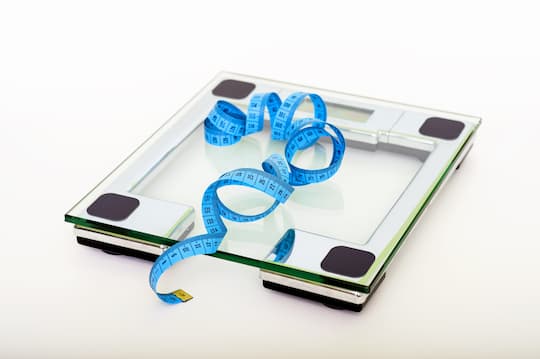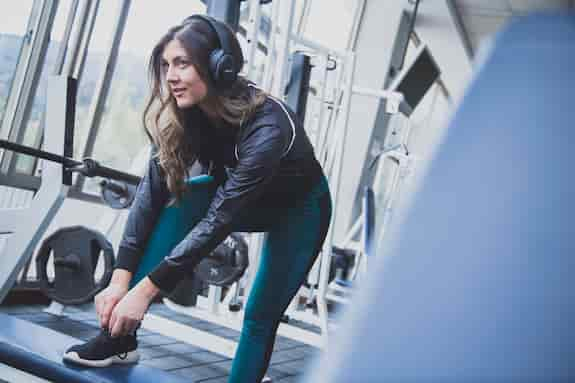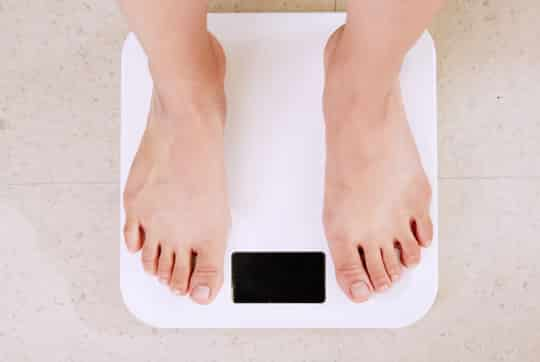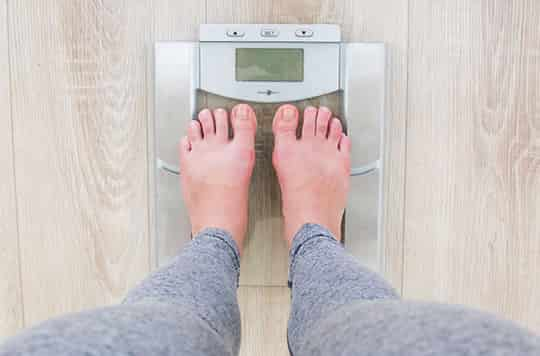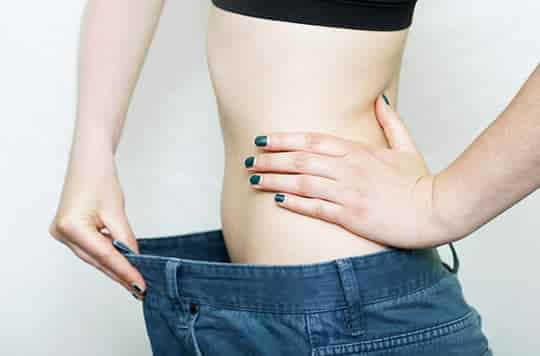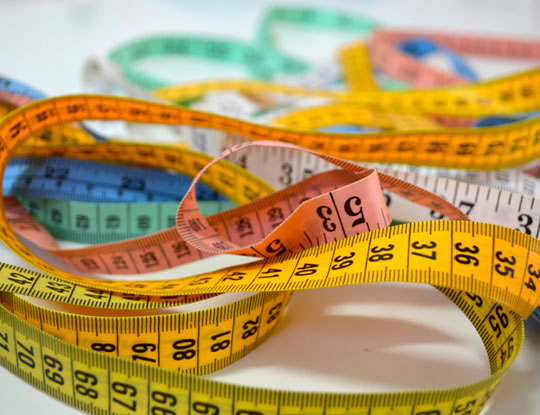Around 40 percent of the world’s population is overweight.
Depression is one of the biggest barriers to weight loss, new research finds.
Carrying an extra 20 pounds in weight increases the risk of depression by 17 percent, the study found.
The more fat someone carries, the greater the chance they will experience depression.
In this case, depression is driven by low self-esteem and a poor body image.
Since depression involves a loss of motivation and disinterest in life, it makes it much harder for overweight people who are depressed to lose weight.
Dr Søren Dinesen Østergaard, study co-author, said:
“Our study also indicated that the location of the fat on the body makes no difference to the risk of depression.
This suggests that it is the psychological consequences of being overweight or obese which lead to the increased risk of depression, and not the direct biological effect of the fat.”
The conclusions come from an analysis of over three-quarters of a million people, sourced partly from the UK biobank.
The biobank is a long-term project that tracks the health and well-being of volunteers in the UK.
The results suggest that it is obesity that leads to depression, Dr Østergaard said:
“As it appears to be the psychological consequences of obesity, such as a negative body image and low self-esteem that is the main driving force behind the increased risk of depression, society’s efforts to combat obesity must not stigmatise, as this will probably increase the risk of depression even further.
It is important to bear this in mind so we can avoid doing more harm than good in the effort to curb the obesity epidemic.”
Around 40 percent of the world’s population is overweight, Dr Østergaard said.
The study was published in the journal Translational Psychiatry (Speed et al., 2019).


